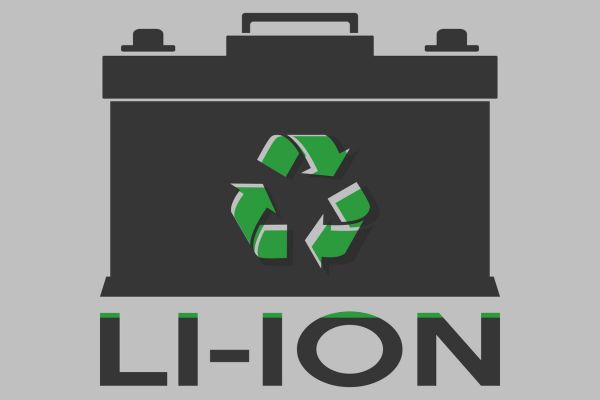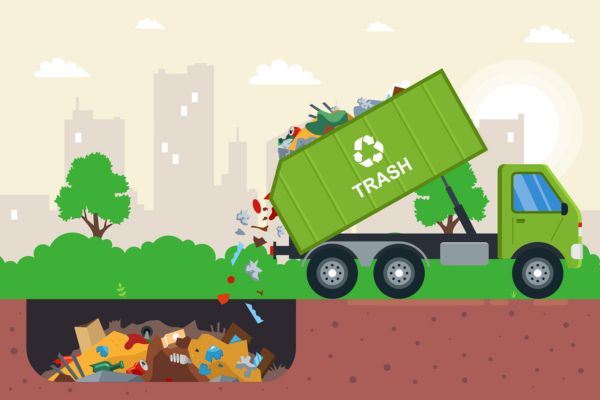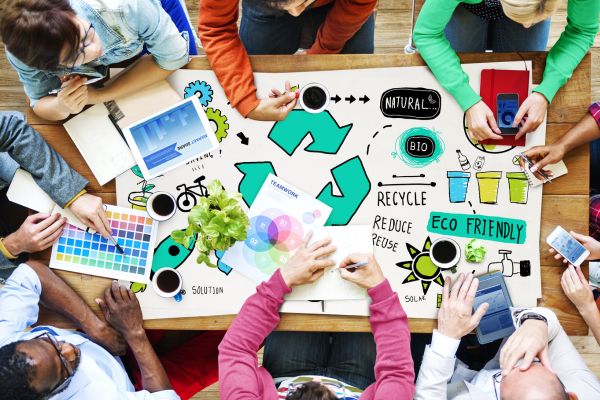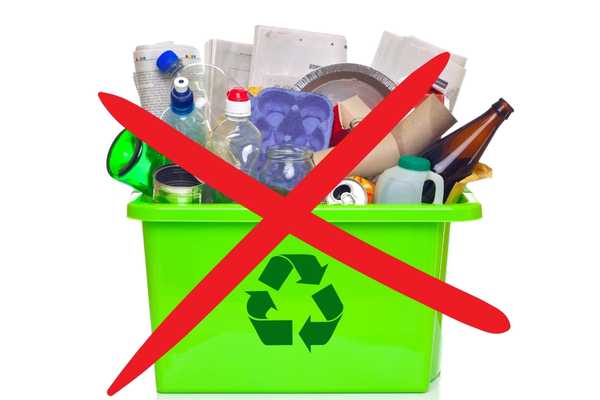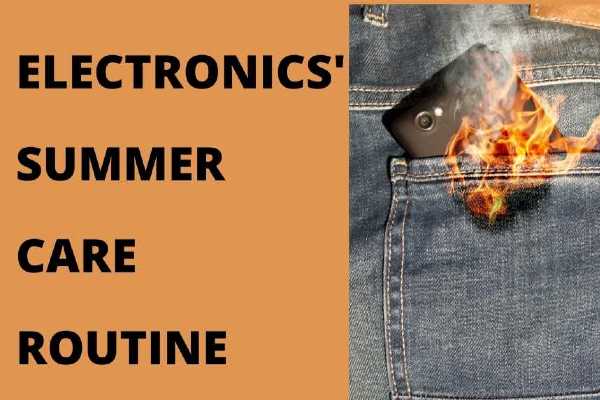Recycling batteries is an important step to protect the environment and prevent hazardous materials from ending up in landfills. The recycling process helps to recover valuable materials and reduce the potential for pollution. Here’s a general guide on how to recycle batteries:
Identify the type of battery: Batteries are either disposable or rechargeable. Common types include alkaline, lithium-ion, nickel-cadmium (NiCd), Un-interruptible Power Supply (UPS), Mercury Cell (Small Dry Cell Batteries), and lead-acid batteries.
Check Recycling options: Battery recycling options may vary depending on the kind of batteries you have for recycling and your location. Contact Madenat Recycling to know your options.
Prepare batteries for recycling: Waste batteries are hazardous. Before recycling them, it is important to prevent potential hazards. Tape the terminals (positive and negative ends) of each battery with non-conductive tape or place them in individual plastic bags to prevent contact. This step helps to avoid accidental fires or electric shock during storage and transportation.
Drop-off or collection: Madenat Recycling conducts various Hazardous waste collection programs. You can either drop-off your batteries in these programs or at our designated drop-off locations. We also provide collection services from your location. Do contact us to explore all the right options for you.
Consider hazardous waste collection events: As a corporate, or a community, do organize hazardous waste collection event. This gives more people an opportunity to safely dispose of batteries.
Educate others: Spread awareness about the importance of battery recycling among friends, family, and colleagues. Encourage them to recycle batteries instead of throwing them away and explain the potential environmental benefits.
Remember to always follow local regulations and guidelines for battery recycling, as they may differ based on your location. Contact Madenat Recycling for proper recycling of batteries. That will help to conserve resources, reduce pollution, and contribute to a more sustainable future.

